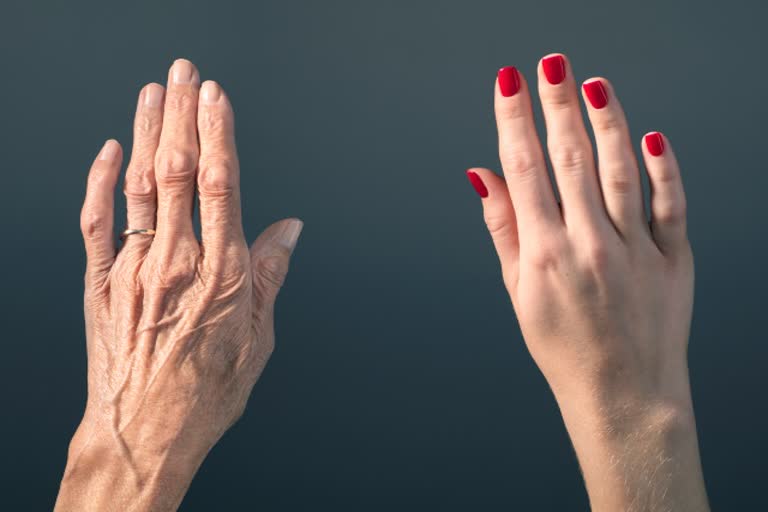When we look at the names of the oldest people in history, a French woman’s name comes up, Jeanne Clament, who lived for 122 years. She was born in 1875 when the life expectancy for a person was about 43 years only.
A question that people have been asking for centuries is how long can humans actually live? While the average life expectancy (how many years a person is expected to live) is relatively easy to calculate, the maximum lifespan (how long a human can possibly live) is very difficult to estimate. Certain previous studies have claimed this age to be closer to 140 years, but a recent study states that the maximum lifespan of human life is closer to 150 years.
Calculating Lifespan
The oldest and still the most widely used method for calculating life expectancy and lifespan is the Gompertz equation. The first assessment in this regard was made in the 19th century that human mortality from a disease increases rapidly over time. Certainly, your chances of succumbing to cancer, heart diseases, and other infections almost doubles every eight to nine years.
There are several ways in which the formula can be altered to understand how various factors affect the lifespan of a person. The Gompertz calculation is also used to calculate health insurance premiums, which is why insurance companies are curious to know if you smoke, your marital status, and other such personal details to estimate how long you may live.
One way to find out how long we will live is to know that as we age, how our organs decline in terms of functioning and how much. We relate the decline in the functionality of our organs according to our age. For example, the amount of oxygen we use while exercising and performing other activities tends to decline as we age. Most calculations indicate that on average a person’s organs will function till the age of 120 years. However, these studies also highlight the variations among people as they age. Some people’s kidney functionality declines rapidly as they age, while others do not face this.
Also Read:What Causes Blood Oxygenation To Drop In Many COVID Patients?
